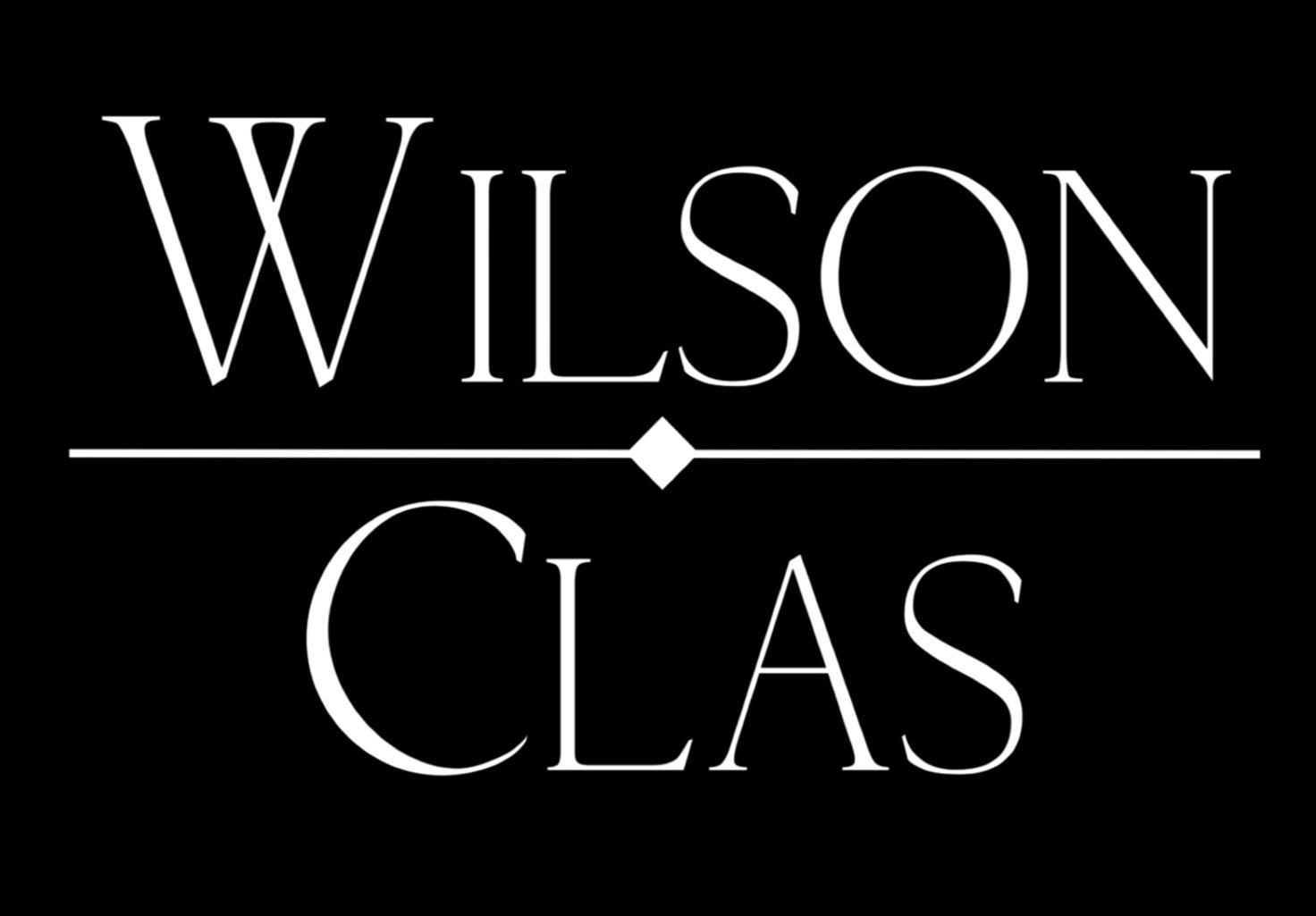Call Wilson Criminal Defense 24/7 at 612-910-2104 for a free consultation with an affordable Minneapolis Criminal Defense Attorney
General Information about Criminal Law in Minnesota
For specific answers to questions about your case, your record, or Minnesota’s justice system in general, call the firm for a free consultation at 612-910-2104 or contact us via the form at this link to submit an online inquiry.
What is a Misdemeanor?
A misdemeanor is the lowest category of crime in Minnesota, but misdemeanor charges can still be serious.
Misdemeanors are punishable by up to 90 days in jail and/or up to a $1000.00 fine. Misdemeanor convictions also generally involve probation.
Common examples of misdemeanors include:
First-time, low-level DWIs
Disorderly Conduct
Trespassing
What is a Gross Misdemeanor?
A gross misdemeanor is the second-highest level of crime in Minnesota.
Gross misdemeanors are punishable by up to one year in jail and/or a $3,000.00 fine. Gross misdemeanors are inherently more serious than misdemeanors and can involve significant periods of probation.
Common examples of gross misdemeanors include:
First-time, high test DWIs
First-time DWI refusals
Furnishing alcohol to a minor
What is a Felony?
A felony is the most serious level of crime that can be charged in Minnesota. A felony conviction carries lifelong consequences that continue to negatively impact an individual long after a case ends.
Felony convictions can result in years or decades in prison (not jail ), and involve significant supervision via probation or conditional release.
Felonies range from serious DWIs to first-degree murder, assault, child pornography, criminal sexual conduct, and much more.
What is an Arraignment?
An arraignment is generally one of the first court appearances in a criminal case. It is often not the last court appearance. The purpose of the arraignment is generally to provide the person charged with information about their rights, and to schedule a second court appearance. Between court appearances, your defense attorney does significant work in obtaining and reviewing discovery, researching and challenging legal issues, writing memoranda, and reaching out to the prosecutor’s office.
What is an Omnibus Hearing?
An omnibus hearing is generally the second or third court appearance in a criminal case. Omnibus hearings can involve negotiations with the prosecutor, settling discovery issues, notifying the judge of legal issues, or scheduling future contested hearings, among much else. An individual may also settle their case at an omnibus hearing if they reach a deal with the prosecutor. A case can have numerous omnibus hearings—sometimes they are held formally on the record before a judge, and other times they are very informal.
What is a Trial?
For cases that do not settle at a prior court appearance, a criminal defendant generally has the right to demand a trial.
A person charged with a petty misdemeanor generally has the right to a trial before a judge.
A person charged with a misdemeanor or gross misdemeanor generally has the right to a trial before a judge or a trial before a jury of six people.
A person charged with a felony generally has the right to a trial before a judge or a jury of twelve people.
What is Probation?
Probation is court-ordered supervision. It generally follows a conviction for a crime or a plea of guilty. Essentially, a person is supervised by the court or a probation department and ordered to follow certain terms. Those terms could be to complete a certain number of community service hours, to pay a fine, to remain law-abiding, to submit to testing, to abstain from drinking or using non-prescribed drugs and submit to testing, and much more. If a person violates the terms of their probation, they may be subject to probation revocation proceedings. Those proceedings can be very serious.
I was arrested for a DWI—if I’m “presumed innocent,” why can they take my license away before I’m even convicted?
Minnesota has “implied consent” laws that permit the state to revoke your driving privileges under certain circumstances. One of those circumstances is where you fail a breath test (or refuse a breath test) after being arrested for a DWI. You have the right to challenge this revocation, however, but you need to act fast. If your license has been revoked for a DWI, you have the right to challenge the revocation in court. In the meantime, it may be possible to temporarily reinstate your driving privileges while the case is pending. Call the firm at 612-910-2104 or contact us here.
What is the difference between Jail and Prison?
The short answer is that jail is short-term, and prison is long-term. An individual can only be sent to prison following a felony conviction, whereas jail is on the table for any misdemeanor, gross misdemeanor, or felony offense. Generally speaking, prisons have more opportunities for programming because they are intended to be longer-term, but that’s not always the case.

